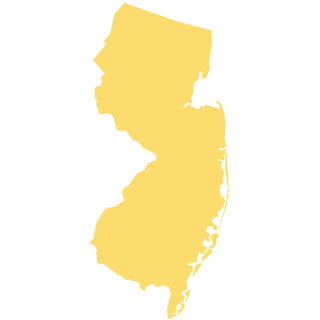
Continuing care retirement communities will have have less time to return refundable portions of entrance fees to residents or their estates after move-out under a new law signed Friday by New Jersey Gov. Phil Murphy.
And the Health Care Association of New Jersey, state partner of Argentum and state affiliate for the American Health Care Association and National Center for Assisted Living, is fine with that.
Previously, Garden State CCRCs had an undefined amount of time to return the 90% of the move-in fee that is due to residents or their estates after move-out. The transfer usually happened when another resident moved into the unoccupied unit, although specific terms varied by contract. Now, CCRCs, also known as life plan communities, will have a year to return the fee.
Passage of the legislation, HCANJ President and CEO Jon Dolan told McKnight’s Senior Living, “did not come with big battles or horrendous stories for the industry or consumers. It just seemed to be in the interest of more transparency and fairness within the process and equitable enough to both sides.”
“It was taking an existing statute and growing it to meet the modern business interactions and disclosure transparency and righteous return of resources after compensating the provider,” he added. “We felt it wasn’t threatening.”
New Jersey Sen. Christopher “Kip” Bateman, a Republican and a primary sponsor of the bipartisan bill that became law, said the new law is meant to protect older adults from “greedy CCRCs.” He called the current fee-return practice a “nightmare,” noting cases taking up to almost a decade for families to receive refunds.
Bateman has been trying to get a bill related to the matter passed since 2015.
“Older New Jerseyans and those they leave behind should not have to play tug of war with CCRCs to get the money they are rightfully owed,” he said in a statement. “I am so glad to see the governor do the right thing by signing this bill into law.”
More than 10,000 older adults live in 26 CCRCs across New Jersey, according to the Organization of Residents Associations of New Jersey.



